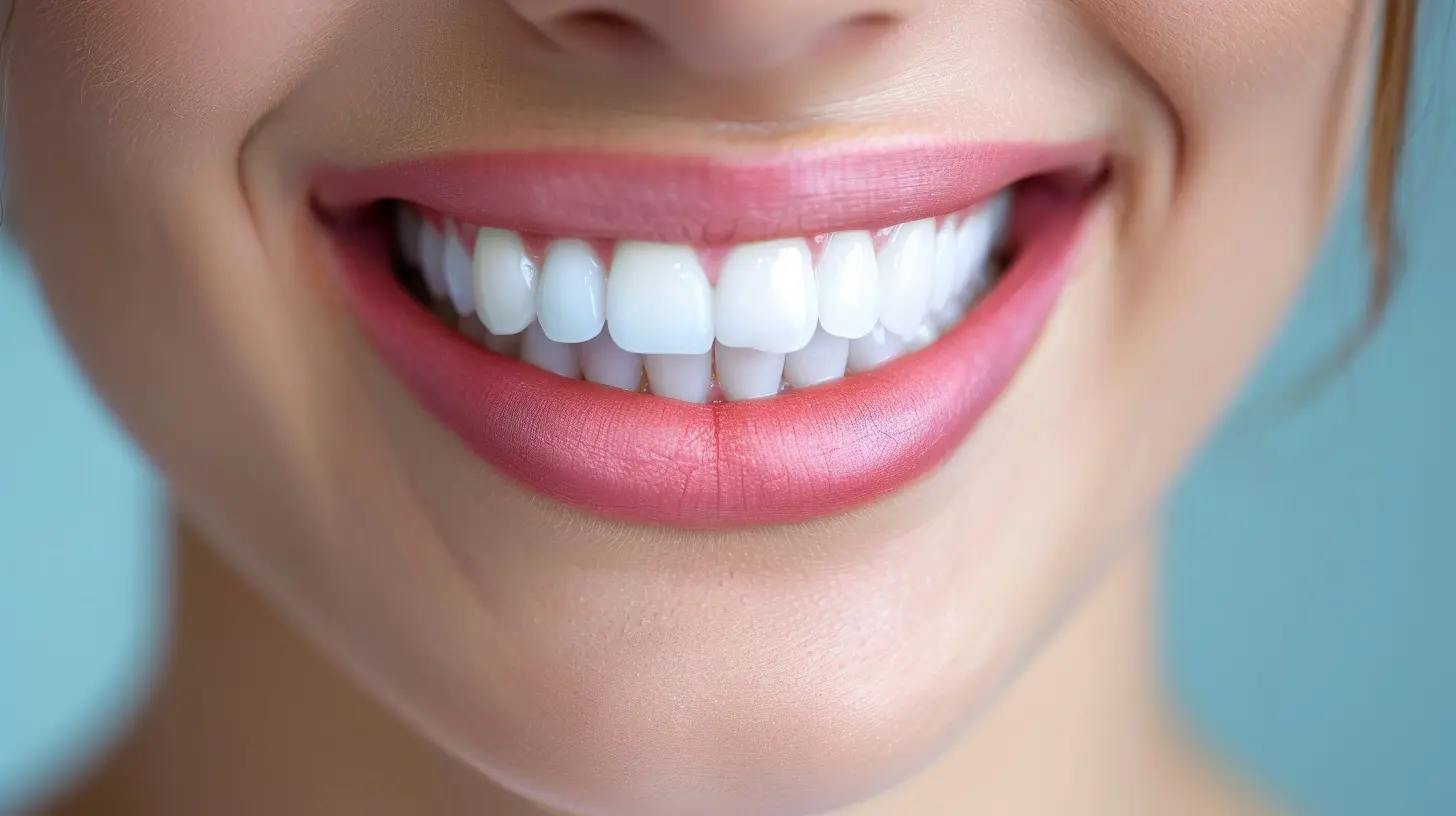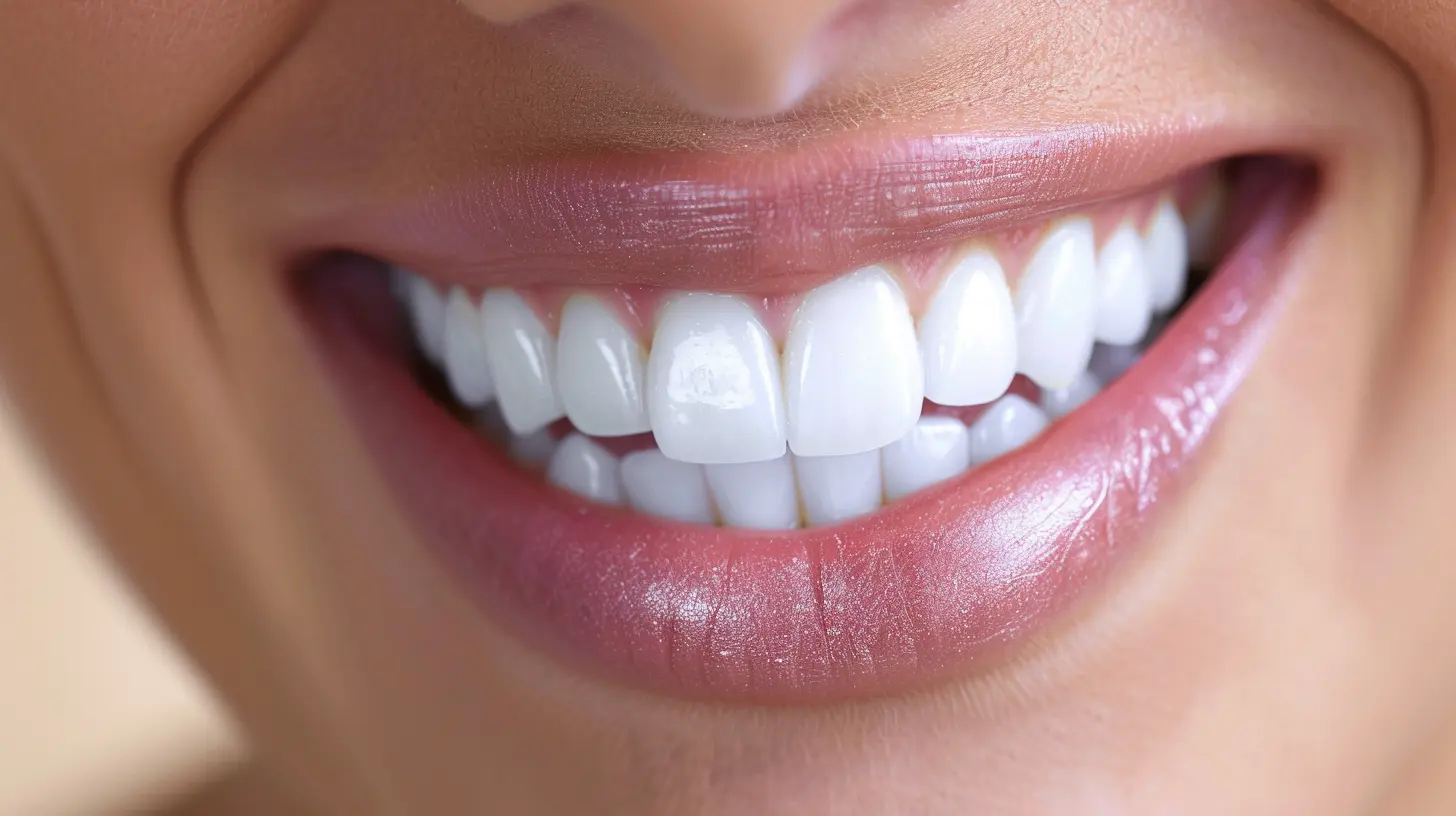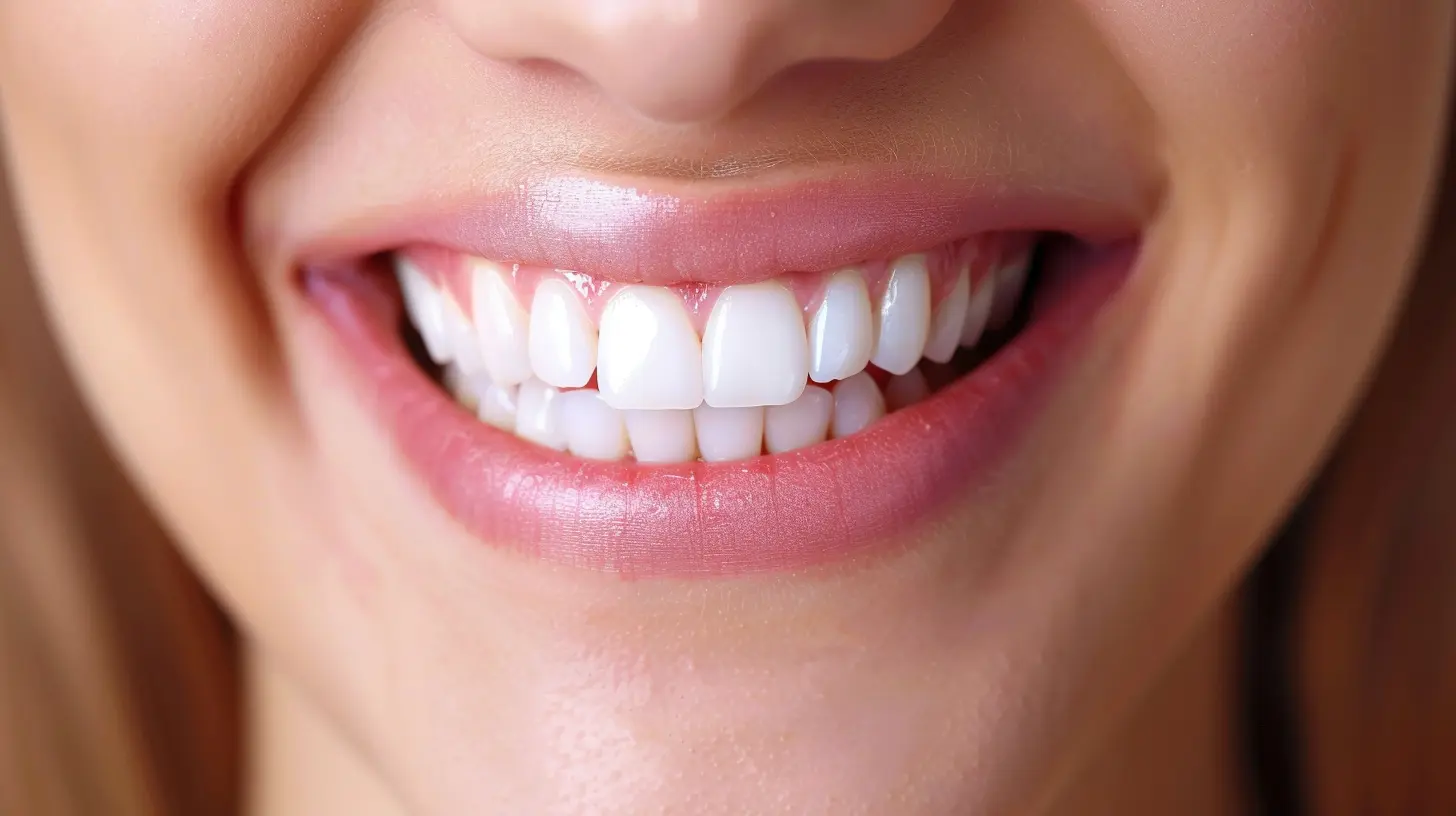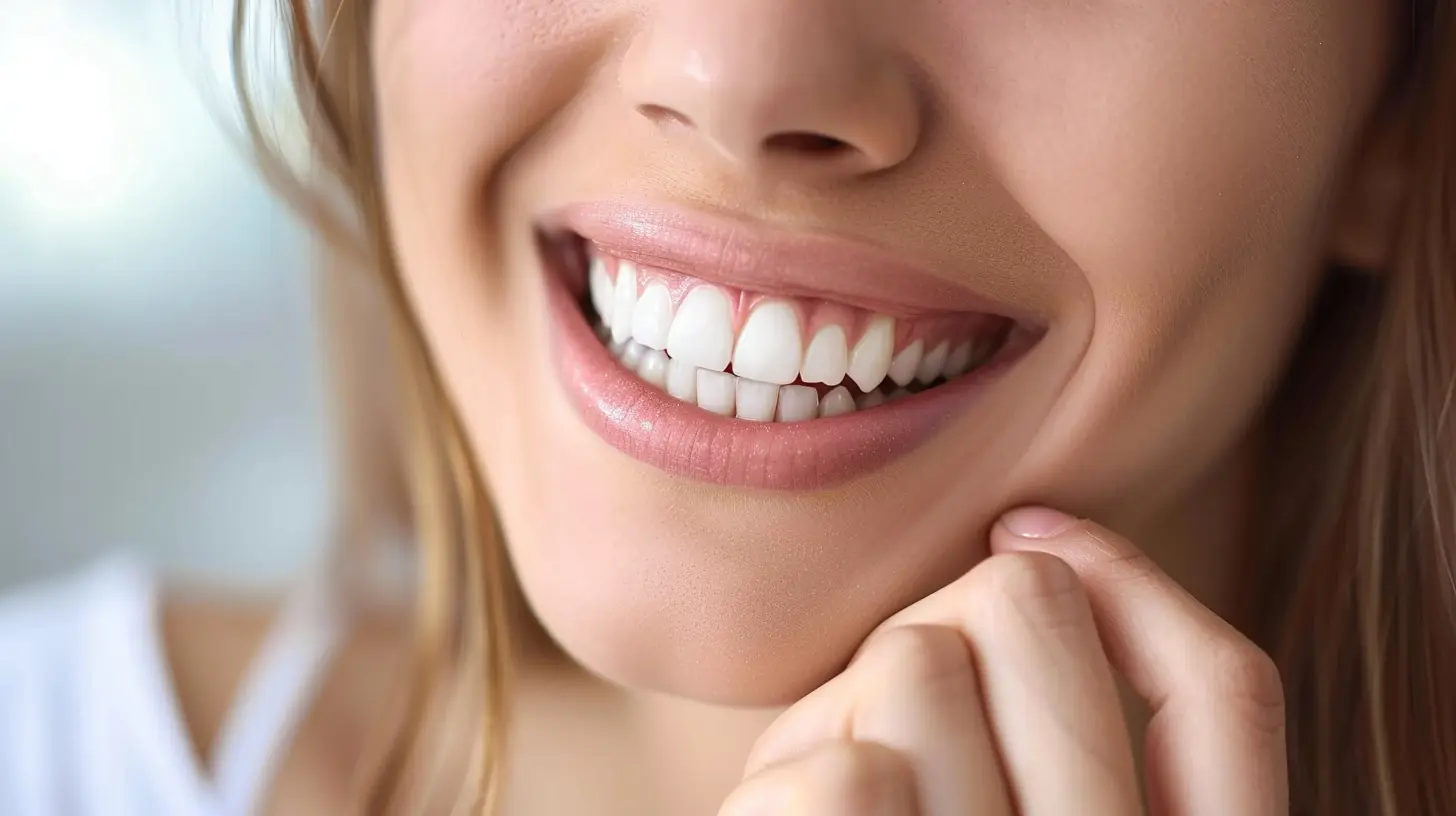How to Identify Early Signs of Oral Cancer
7 November 2025
Oral cancer. Now, there’s a phrase that can send a chill down your spine. But here’s the thing—like with most health conditions, the earlier you catch it, the better your chances of beating it. The key? Knowing what to look for and not brushing off the signs as “just a canker sore” or something you’ll “deal with later.”
Let’s break it all down so you know exactly what the early warning signs of oral cancer look like, what your risk factors might be, and when you need to see a healthcare professional. No scare tactics here—just solid, practical info to help you stay a step ahead. Sound good? Let’s dive in.
What Is Oral Cancer, Anyway?
Oral cancer, also known as mouth cancer, refers to cancers that develop in any part of the mouth. This could include:- Lips
- Tongue
- Gums
- Floor and roof of the mouth
- Inner lining of the cheeks
- Back of the throat
It’s under the broader umbrella of "head and neck cancers." And while that might sound super technical, the bottom line is this—it’s more common than you think and sometimes sneaks in without major symptoms.
Why Early Detection Matters
Ever heard the old saying “nip it in the bud”? That’s the name of the game with oral cancer. Caught early, oral cancer is highly treatable. Wait too long, though, and it becomes harder to manage and can spread to other parts of the body.In fact, according to the American Cancer Society, survival rates are significantly higher when oral cancer is diagnosed in its early stages. So yep—spotting it early isn’t just helpful, it can be life-saving.
Common Early Warning Signs of Oral Cancer
Alright, let’s get into the meat of it. What should you actually be looking out for?1. Sores That Don’t Heal
We all get mouth sores now and then. Maybe you bit your cheek or introduced your tongue to that spicy jalapeño too aggressively. But if you've got a sore or ulcer in your mouth that sticks around for more than two weeks, pay attention.Think of it like this—your mouth is a healing machine. If something isn’t healing, your body might be trying to tell you something.
2. Unusual Lumps or Thickened Areas
Run your tongue along the inside of your cheeks and gums. Feel anything odd? A lump, bump, or thick patch that wasn’t there before? These can show up almost anywhere in the mouth or throat and might be an early indication of abnormal cell growth.It’s kind of like finding a mysterious bump under your car’s hood. You may not know what it is, but you sure as heck wouldn’t ignore it, right?
3. Red or White Patches
Spotted something white, red, or even speckled (a combo of both) on your lips, tongue, or inner cheeks? While these might seem harmless—almost like a patch of irritated skin—they can sometimes represent precancerous changes.They’re called leukoplakia (white) and erythroplakia (red), and while they might not mean cancer right away, they could be the first domino in a chain reaction.
4. Persistent Sore Throat or Hoarseness
That raspy voice you’ve been rocking for weeks? If it’s not part of your new rockstar persona, it could be a sign that something’s wrong in your throat or vocal cords—especially if it came out of nowhere and won't go away.5. Difficulty Swallowing or Chewing
Feeling like food hangs up halfway down? Maybe there’s some pain when you swallow or chew? Don’t let it slide. This can be one of the sneakier signs because it’s so easy to write off as “I probably ate too fast.”6. Numbness or Pain Without a Clear Cause
A tingling or numb sensation in your tongue, lips, or other areas inside the mouth isn’t something to ignore. If it shows up without any obvious reason—like a burn or injury—get it checked out.7. Loose Teeth or Denture Issues
Notice your dentures don’t fit quite like they used to? Or maybe a tooth feels wiggly and you haven’t taken a baseball to the face recently? These could be early signs of something more serious affecting your gums or jawbone.
Risk Factors You Should Know About
Now that we’ve covered the “what,” let’s talk about the “why.” There are certain habits and conditions that raise your risk. The more of these boxes you tick, the more vigilant you need to be.1. Tobacco Use (Any Kind)
Cigarettes, cigars, chewing tobacco, pipes—if it has tobacco in it, it increases your risk for oral cancer. Period.2. Alcohol Abuse
Drinking in moderation? Probably okay. But heavy alcohol use, especially when paired with smoking, sends your risk through the roof.3. HPV Infection (Human Papillomavirus)
You might’ve heard of HPV in relation to cervical cancer, but it also plays a major role in oral cancers—especially those in the back of the throat and tonsils.4. Sun Exposure
This one catches people off guard. Extended sun exposure can increase the risk of lip cancer. So yes, lip balm with SPF isn’t just about keeping your lips kissably soft—it can actually protect you.5. Poor Oral Hygiene and Diet
A neglected mouth doesn’t just lead to cavities—it can also be a breeding ground for infections and long-term damage. A diet low in fruits and veggies has also been linked to an increased risk.6. Age and Gender
Men over 40 are more commonly diagnosed—but don’t let that statistic fool you. Oral cancer doesn’t check your ID before showing up.What to Do If You Notice a Symptom
Here’s a simple rule: If something in your mouth doesn’t look or feel right, and it sticks around for more than two weeks—go see a dentist or doctor. Don’t Google it to death or wait for it to “go away on its own.”Your healthcare provider will likely perform a visual exam and may request a biopsy if anything looks suspicious.
And remember: You don’t need to wait for symptoms to show up. Regular dental visits often include oral cancer screenings, so be sure not to skip those checkups.
Self-Exams: Checking Yourself at Home
Want to be proactive and keep an eye on things between dental visits? Here’s how to do a quick oral cancer self-exam:1. Stand in front of a mirror in a well-lit room.
2. Use clean fingers to pull your lips and cheeks away, and examine both inside and out.
3. Stick out your tongue—check the top, sides, and underneath.
4. Look at the roof and floor of your mouth.
5. Gently press around your neck and jaw for lumps or swelling.
Do this monthly, especially if you’re at higher risk. Think of it like checking your car's oil—simple, quick, and might save you a lot of trouble down the road.
Oral Cancer in Non-Smokers: It Happens
Here’s a part people often ignore—non-smokers aren’t immune. With HPV on the rise, more and more cases are being diagnosed in individuals with no traditional risk factors. That’s why awareness is so crucial.Prevention Tips: What You Can Do Today
Let’s talk about the feel-good stuff. Here’s what you can do right now to lower your chances of developing oral cancer:- Quit smoking (or never start)
- Limit alcohol intake
- Use lip balm with SPF
- Get vaccinated for HPV
- Eat more fruits and veggies
- Maintain regular dental appointments
- Do monthly self-checks
When to Seek Help—And Who to See
If you’ve noticed any of the signs we talked about—or you’re just feeling uneasy—your first stop can be your dentist or your primary care doctor. They can refer you to an oral surgeon or ENT (ear, nose, and throat) specialist if needed.And remember: You are your own best advocate. If something doesn’t feel right... say something.
Final Thoughts
Spotting the early signs of oral cancer doesn’t require a medical degree—just awareness and a little self-care. Your mouth has a way of telling you when something’s wrong. You just have to listen.So do those self-checks, keep those dental appointments, and trust your gut. Catching something early can make all the difference.
Here’s to staying healthy—and keeping your smile strong and bright for years to come!
all images in this post were generated using AI tools
Category:
Healthy TeethAuthor:

Jackson Mahoney
Discussion
rate this article
1 comments
Galina Morris
Great insights! Regular self-exams and awareness of symptoms are crucial for early detection. Thank you!
November 15, 2025 at 4:24 PM

Jackson Mahoney
Thank you for your kind words! I'm glad you found the information helpful. Early detection is vital!


